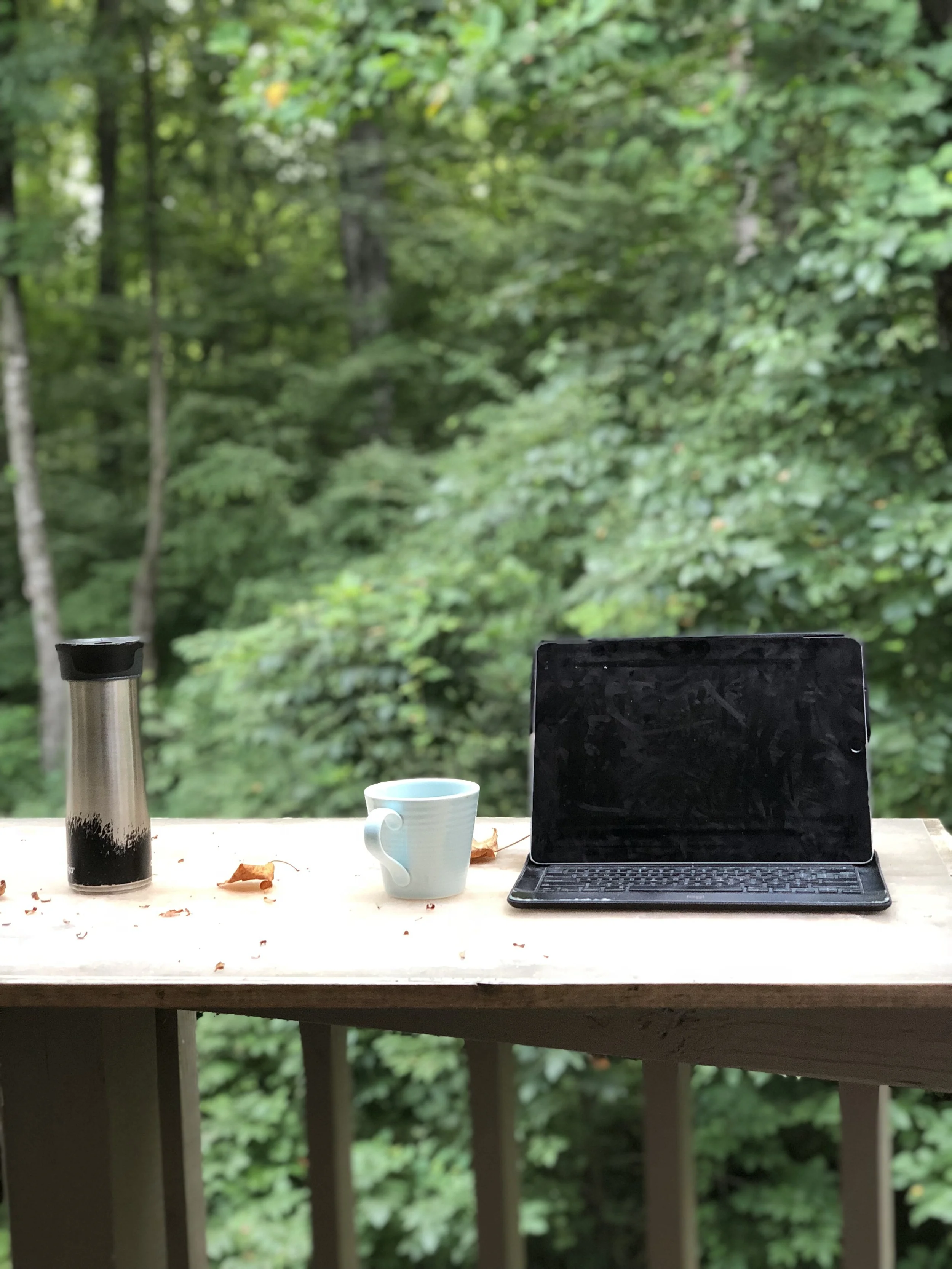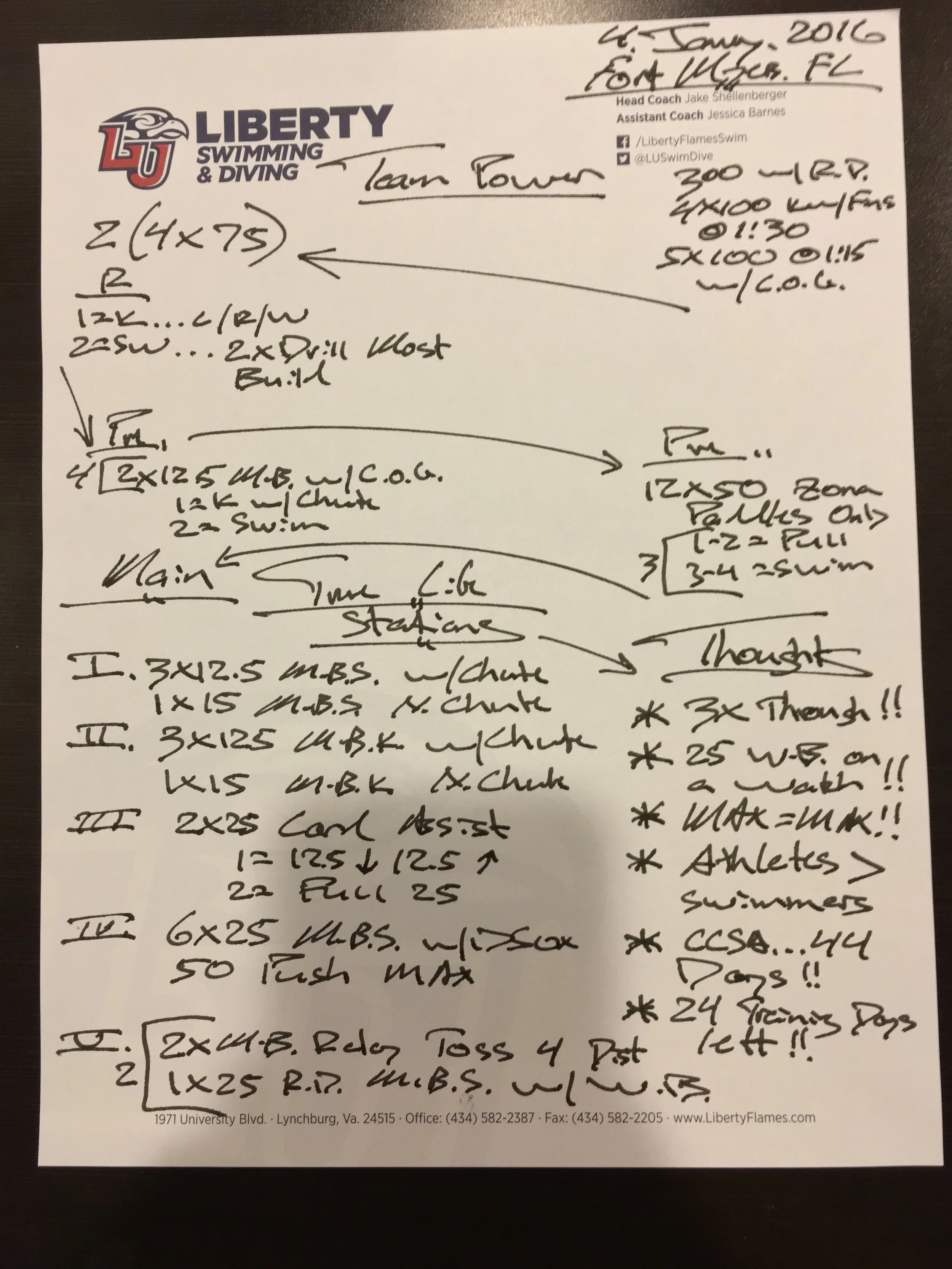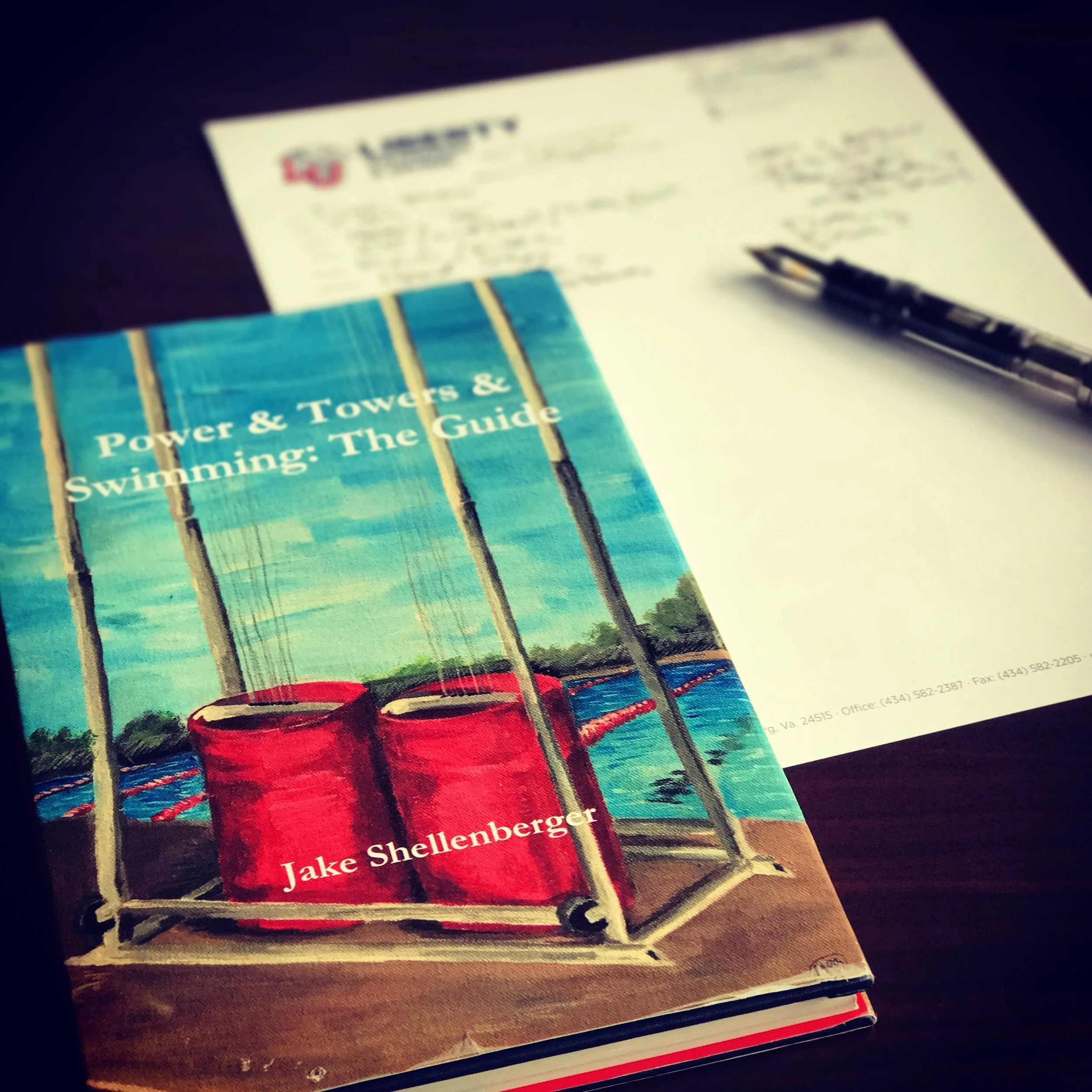4 Tips to Beat Burnout
In my last article I wrote more than 3,000 words in an attempt to explain my swim practice writing process; In today’s piece, I’ll use just 900 to provide a few tips and tricks to help you avoid burnout. Who said historians don’t have a sense of humor?
While not everyone writes swimming workouts, certainly everyone has the potential to burn out. Is your flame losing fuel? Perhaps you’re on your way back from the desert, a recovering burner? No matter your status or station, you can beat burnout for good, and today I’ll share four tips of many that help me do just that. Of note - The Four Pillars are non-negotiable in terms of their efficacy, and to diminish their role in avoiding burnout is as though fighting the laws of physics themselves. Physics finds a way. The others work for me, though they should not be taken as Gospel for you. Give them a try - if they work, fantastic, if not, no worries - You have the Four Pillars on which to fall back.
I do not take long, extended vacations. I find in the world of Division I athletics, a true unplugging of 1-2 weeks or more causes more stress upon returning than the time off is worth. Said another way, the two weeks off (assuming taken off completely) requires more than two weeks worth of stress and catching up on the back end to recover. Such a proposition equals negative time off and a negative effect on overall health and well-being in my book. Additionally, there are times when others cannot complete their projects or tasks without decisions from me, and I certainly do not want my time off to cause a backlog or stress in the lives of others. Having said as much, I do believe in the necessity of proper rest to avoid burnout, increase productivity, decrease stress levels, and increase the quality of life. I do believe when used as a tool, rest can make us more productive, yes, and I do schedule strategic periods of recovery. My solution is to intentionally incorporate rest, and by that, true rest, a complete unplugging, into the natural rhythm of my week. While I do not take long, extended vacations, I do schedule quite a few mini rest periods, and when added up over the course of a year, the time spent in deep rest is about the same as the standard two weeks of vacation. By mini rest periods, I take an afternoon here, a morning there, maybe a full day sprinkled in if we do not have swim practice. Airplane mode is a must here, as this strategy of mini rest periods only works if one unplugs completely and allows the brain and nervous system time to recover.
I look at life and work through the lens of purpose, calling, vocation, mastery, excellence, etc.. I don’t have a job...but I am building an elite-level swimming & diving program, striving for excellence and mastery along the way, all for a higher calling and because this is what I know I was created to do. It is hard to burn out when Ephesians 2:10 drives you, the idea that your very purpose on this earth is to do good works. The fun part is that whether Christian, secular humanist, or otherwise, everyone can agree that doing good work(s) for humanity is a worthy reason to live, to strive, to work. I make the goal of life something bigger than myself, and the power of the other and a higher calling pushes me on. If your purpose for living is to find happiness, you’ll burn out quickly in its pursuit. A higher calling wards off the possibility of burnout.
I stay curious and keep learning. The brain is an incredible machine when it comes to learning, memory, associations, the adjacent possible, etc.. It is hard to burn out when one is constantly evolving and learning, while continuously challenging the brain to improve. I simply haven’t the time to burn out - there is too much to do! There are too many books to read, too many articles to write, too many experiences to have and way too many thoughts to think.
In order to combat burnout, it might help us to determine the root causes. In my humble opinion, based on 13 years of coaching, the two main contributors to burnout are a lack of energy and a lack of desire/motivation. It is hard to stay engaged without motivation, and hard to have motivation if you don’t have energy. Perhaps energy, in the general sense, is the underlying fuel that keeps our flame burning? Thus, in order to avoid burnout and continue to perform at the elite level, we need to manage our energy supply with extreme care. We need to maximize the Four Pillars of elite human performance: diet, sleep, exercise, stress-management. It is hard to burn out when those four are optimized and fine-tuned.
In summary, these four tips work wonders for me, and in 13 years of elite-level Division I coaching I have not burned out, nor do I plan on doing so. I schedule deep rest, preferring mini-vacations over the standard two weeks off. I work for a higher purpose, a higher calling; I believe that the search for happiness is a lie. I strive to cultivate a growth mindset - there is too much to learn and too much to do to worry about burnout. And finally, I approach all of the above from a solid base of the four pillars, maximizing sleep, eating an extremely clean diet, exercising strategically, and managing stress well.


